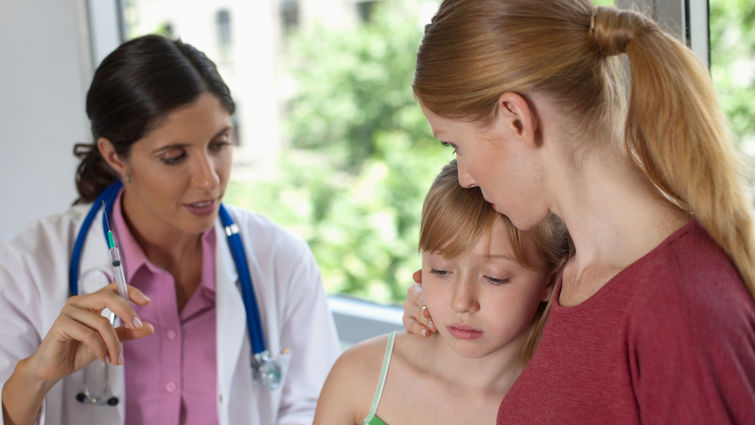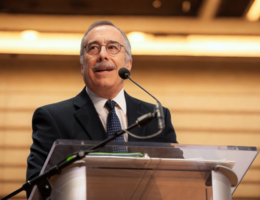

The HPV vaccine, available since 2006, targets multiple strains of the Human Papillomavirus (HPV), which is responsible for the majority of cervical cancer cases. Yevgeniya Ioffe, MD, gynecologic oncologist, says the current nonavalent vaccine protects against nine strains of HPV, including those most commonly associated with cervical cancer, genital warts, and head and neck cancers.
"The vaccine is designed to prevent infection before exposure. Once someone is exposed to the virus, the vaccine cannot eliminate it, making early vaccination crucial," Ioffe says.
The vaccine is typically administered to children around the age of 11 before they are likely to be exposed to HPV through sexual activity.
Ioffe says the Inland Empire faces a significant challenge with cervical cancer. She sees a high incidence of advanced cervical cancer, particularly among young women in their twenties, thirties, and forties.
"This is viral-related cancer, and early exposure to HPV without subsequent vaccination can lead to severe outcomes," Ioffe says.
Addressing Parental Concerns
Some parents feel uncomfortable with the idea of vaccinating their children against a virus associated with sexual activity, believing their children are too young. Ioffe acknowledges this concern but stresses the importance of early vaccination.
"It's essential to vaccinate children before they are exposed to HPV. The virus is incredibly common and can be transmitted through various forms of contact, not just sexual intercourse."
Studies have shown that HPV can be present under fingernails and on surfaces like toilet seats, highlighting the virus's ubiquity.
"We know that around 90% of college-age women have been exposed to HPV, though most will clear the infection naturally within two years," Ioffe says. "However, those who do not clear the virus can develop severe health issues, including cervical cancer."
The timeline for the development of cervical cancer from initial HPV exposure can be as short as ten years. This means that young women exposed to the virus in their late teens or early twenties can develop cancer in their thirties, highlighting the urgent need for preventative measures.
Fast Facts About Cervical Cancer
- Cervical cancer is the fourth most common cancer among women globally, according to the World Health Organization.
- Human papillomavirus (HPV) is responsible for more than 90% of cervical and anal cancer cases, according to the Centers for Disease Control and Prevention (CDC).
- When detected early, the 5-year survival rate for cervical cancer is approximately 92%, according to the American Cancer Society.
- In the U.S., only about 54% of adolescents are fully vaccinated against HPV, despite the vaccine's proven efficacy, CDC.
Side Effects of the HPV Vaccine
- Pain at the injection site
- Mild fever
- Headache or fatigue
- Dizziness subsides within 15 minutes
The HPV vaccine represents a critical tool in the fight against cervical cancer, particularly in high-incidence areas like the Inland Empire. While some parents may have reservations about vaccinating their children at a young age, the benefits of early vaccination far outweigh the concerns.
Prevent cervical cancer in yourself and your child by scheduling your HPV vaccine on MyChart.


